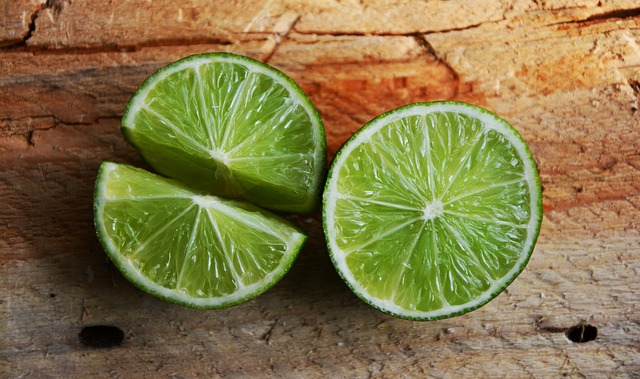Probiotics for Kids: Boosting Health and Wellness from an Early Age
As a parent, you always want the best for your child and their health. One way to promote good health is by including probiotics in your child’s diet. In this blog, we’ll discuss what probiotics are, the benefits of probiotics for kids, and the best sources of probiotics for children.
What are Probiotics?
Probiotics are live bacteria and yeasts that are good for your health, especially your digestive system. They are often referred to as “good” or “friendly” bacteria because they help keep your gut healthy. Probiotics can be found naturally in some foods, or they can be taken as supplements.
The Benefits of Probiotics for Kids
There are many benefits to including probiotics in your child’s diet. Some of these benefits include:
- Improved digestion: Probiotics help break down food and absorb nutrients more efficiently.
- Stronger immune system: Probiotics strengthen the immune system by supporting the growth of good bacteria in the gut.
- Reduced risk of allergies: Studies have shown that probiotics can reduce the risk of allergies by promoting a healthy gut microbiome.
- Improved mental health: Probiotics have been linked to improved mood and reduced symptoms of anxiety and depression.
Probiotics can also help reduce the risk of certain illnesses, such as diarrhea and respiratory tract infections.
The Best Sources of Probiotics for Kids
There are many natural sources of probiotics that you can include in your child’s diet. Some of these sources include:
- Yogurt: Yogurt is one of the best sources of probiotics. Look for varieties that contain live and active cultures. Some yogurts are also fortified with additional probiotics.
- Kefir: Similar to yogurt, kefir is a fermented milk drink that contains probiotics.
- Sauerkraut: Sauerkraut is a fermented cabbage dish that contains probiotics. Look for varieties that have not been pasteurized.
- Kombucha: Kombucha is a fermented tea drink that contains probiotics.
In addition to these sources, there are also probiotic supplements available specifically for children. Be sure to consult with your doctor before giving your child any supplements.
Tips for Including Probiotics in Your Child’s Diet
Here are some tips for including probiotics in your child’s diet:
- Start small: Introduce probiotics slowly to avoid any digestive issues.
- Offer a variety of sources: Don’t rely solely on one source of probiotics. Offer a variety of foods that contain probiotics.
- Make it fun: Incorporate probiotics into fun and creative snacks, such as yogurt parfaits or smoothies.
- Read labels: When purchasing probiotic supplements, be sure to read the labels carefully to ensure they are safe for children.
- Consult with your doctor: Talk to your child’s doctor before adding any supplements to their diet.
Conclusion
Including probiotics in your child’s diet is a great way to boost their health and wellness from an early age. By introducing them to natural sources of probiotics, you can help improve their digestion, strengthen their immune system, and reduce the risk of certain illnesses. Remember to start small, offer a variety of sources, and consult with your doctor before giving your child any supplements.







